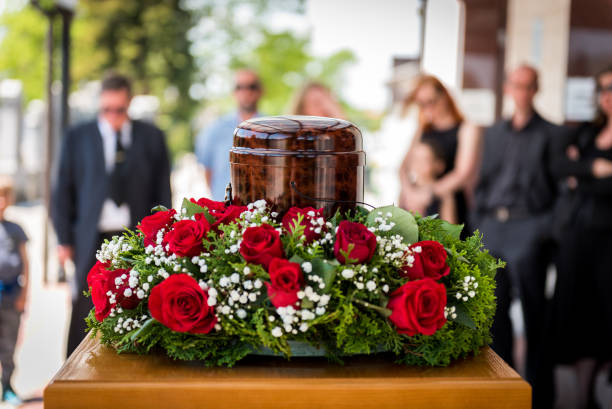Cremation holds significant importance for various reasons, reflecting cultural, religious, environmental, and practical considerations.
Cultural and Religious Significance:
- Religious Practices: Many religions incorporate cremation into their funeral rites. For instance, Hinduism views it as releasing the soul from the body, allowing it to move on to its next incarnation.
- Cultural Tradition: In some cultures, cremation is deeply ingrained as a way to honour and remember the deceased ancestors.
Environmental Considerations:
- Reduced Land Use: As urbanisation increases, space for traditional burials becomes scarce. Cremation offers a solution by minimising land use.
- Lower Environmental Impact: Modern cremation techniques are designed to minimise emissions and energy consumption, making it a more environmentally friendly choice compared to traditional burial methods.
Practical Benefits:
- Simplicity and Flexibility: Cremation provides flexibility in memorialisation. Families can choose to scatter ashes in meaningful locations or keep them in urns at home.
- Economic Considerations: Cremation can be more cost-effective than traditional burial, as it eliminates the need for a casket, burial plot, and related expenses.
Personal Choice and Autonomy:
- Individual Preferences: Many individuals prefer cremation because it aligns with their personal beliefs or wishes.
- Ease of Planning: Planning a cremation service can be simpler and more straightforward for families dealing with loss.
Changing Social Norms:
- Acceptance and Accessibility: Cremation has become increasingly accepted worldwide due to its practical benefits and evolving cultural attitudes towards death and memorialisation.
In conclusion, cremation plays a crucial role in modern funerary practices, offering a blend of practicality, environmental stewardship, and personal preference. Its importance continues to grow as societies evolve and adapt to new challenges and beliefs surrounding end-of-life rituals.
To learn more about how we can assist you, please contact us directly.

